The other day, during a coffe-break in the work shift as a reflection, we discussed the situation of a young woman who was known by all that would not overcome their ICU stay and who could not talk about what she was living with anyone. Imminent death.
The positions were different: some were wondering why we should speak with her of that item if in the background she already sensed what was happening; others claimed that it was necessary to talk about it and that we should encourage the patient to express.
We all agree that the option to express what she felt should not be limited by professional incompetence to do so. The professional competence to manage complex communicative situations and with high emotional stress should be available for the person who needs that.
The issue became more difficult, despite the harmonic smell of coffee surrounding us, when it raised the possibility of all professionals were “competent in communication” or as Jose Carlos Bermejo describes in one of his many published books “Humanize the health; humanization and helping nursing relationship” that all professionals should be experts in helping relationship. In counselling there must be some central attitudes, the vertebrae of the approach to the person that we care about: empathy, congruence and unconditional acceptance.
In this case the conflict arose in my opinion, firstly in the empathic relationship. If we understand that one of the first steps that we must climb to get to relate in an empathetic way with someone, is the identification with the other to then take the distance necessary to do it in a healthy and professional manner, the identification with the young woman who was facing her own death was that professional should be in very close emotion. In addition to the psychosocial similarity that could exist with this case in particular, to be placed so close to the death of the other, professional should consider what would I do if I was going through?. To ask yourself that, who has the tools to respond?.
The second conflict is presented in the unconditional acceptance of the other. If so this comes to fruition, we must have an active listening, in this case open questions that the young woman was not be responded in any way. Resistances in the phase of identification of death itself are probably so high that make us little competent to listen actively to each other and accept it.
In any case the question that arose from the aroma of the coffee it remains in the air, can we be each and everyone of the members of the ICU competent enough in communication as to be excellent in our attention, or should be formed and trained relating people to take care or support in this type of complex situations?. Is this all a question of financial resources and human resources? Is our professional responsibility to excellence in communication, or simply make the minimums for each one of the professionals?
Now, some publications refer to the competences at the end of life in critical care units (
A comfortable place to say goodbye. Millner P, Paskiewicz ST, Kautz D).

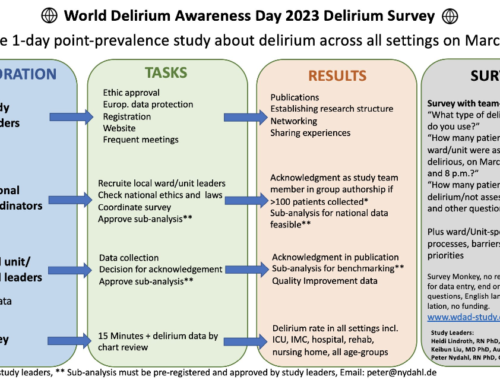
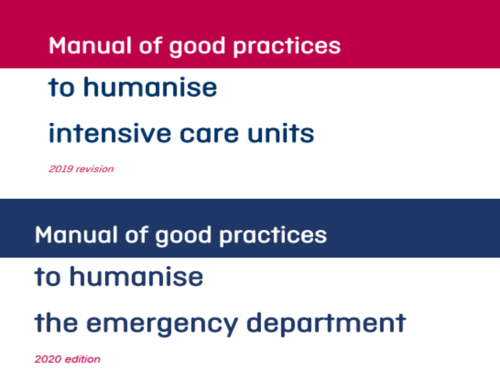
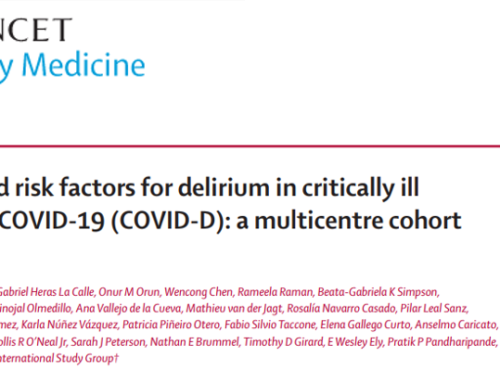
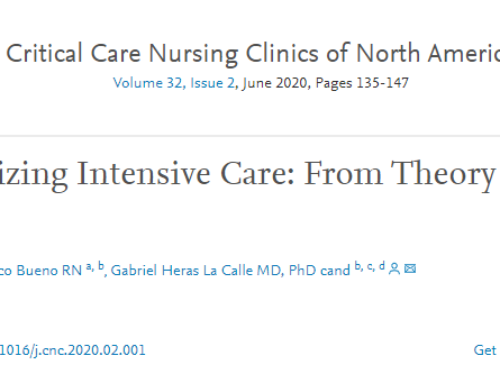

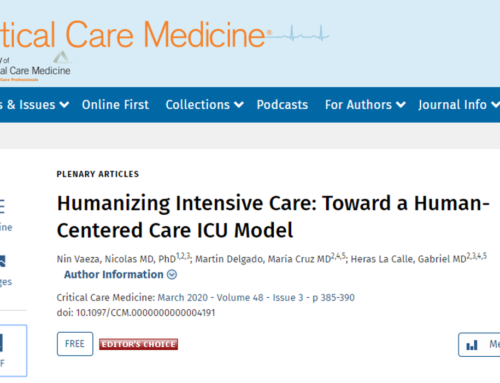
We shouldn't avoid discussing end-of-life care:
http://www.newsday.com/opinion/editorial-we-shouldn-t-avoid-discussing-end-of-life-care-1.9208862
Thank you for this important question and conversation. Just as it would not be thought acceptable for a clinician to lack technical proficiency can it be thought acceptable for a clinician to lack relational proficiency. (www.seemeasaperson.com). When we accept people into our care, we have the responsibility to care for their whole being — which includes the ability to help them cope with whatever they are facing — their process of recovery or their process of dying. To lack the capacity to connect therapeutically through these extraordinary life experiences means we unintentionally isolate the person and thereby contribute to greater suffering. Some health care professionals are more naturally able to connect therapeutically. Some need more study, mentoring, and support. But I think it is unethical to simply do avoid learning and developing proficiency in this aspect of care provision. Blessings in your work and raising our collective consciousness. Mary Koloroutis